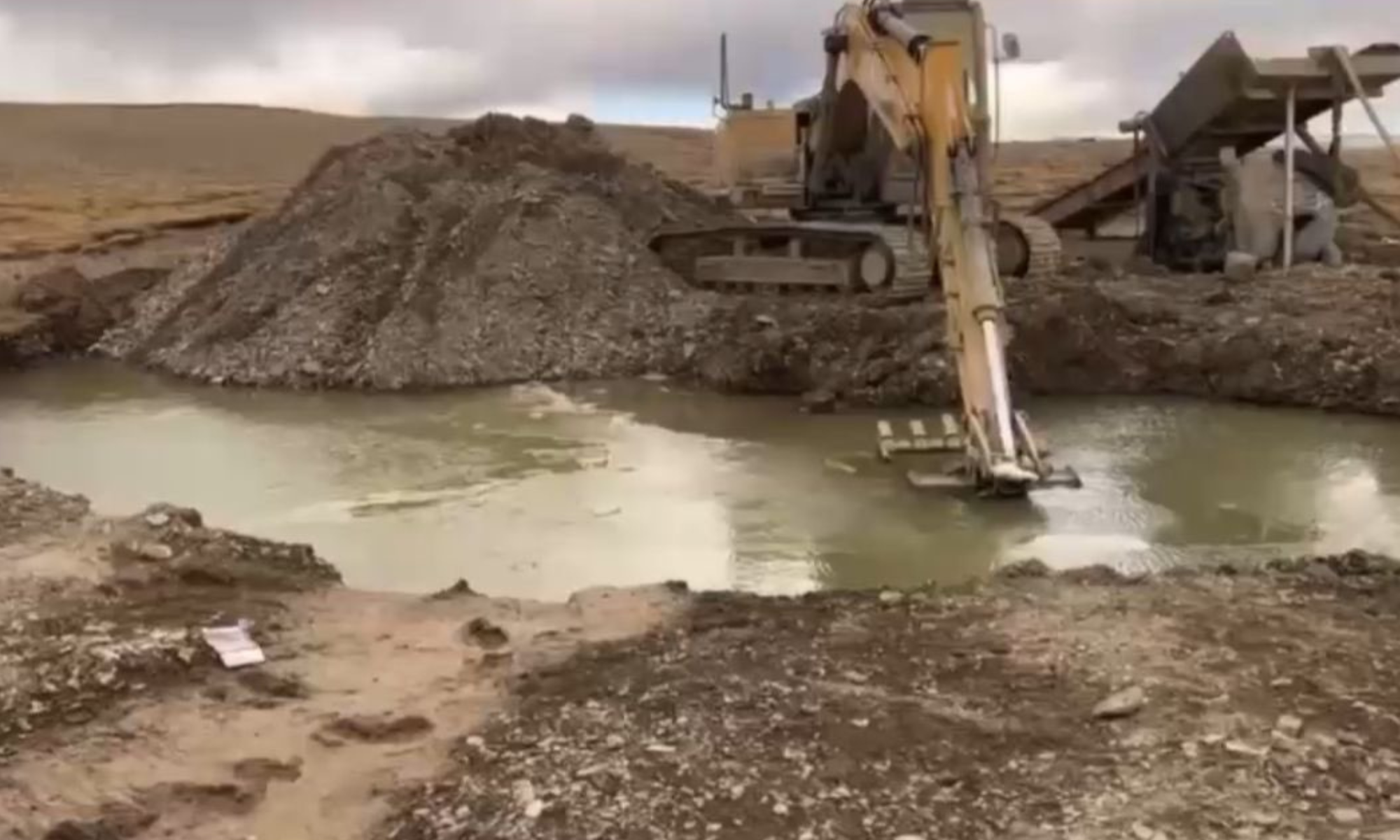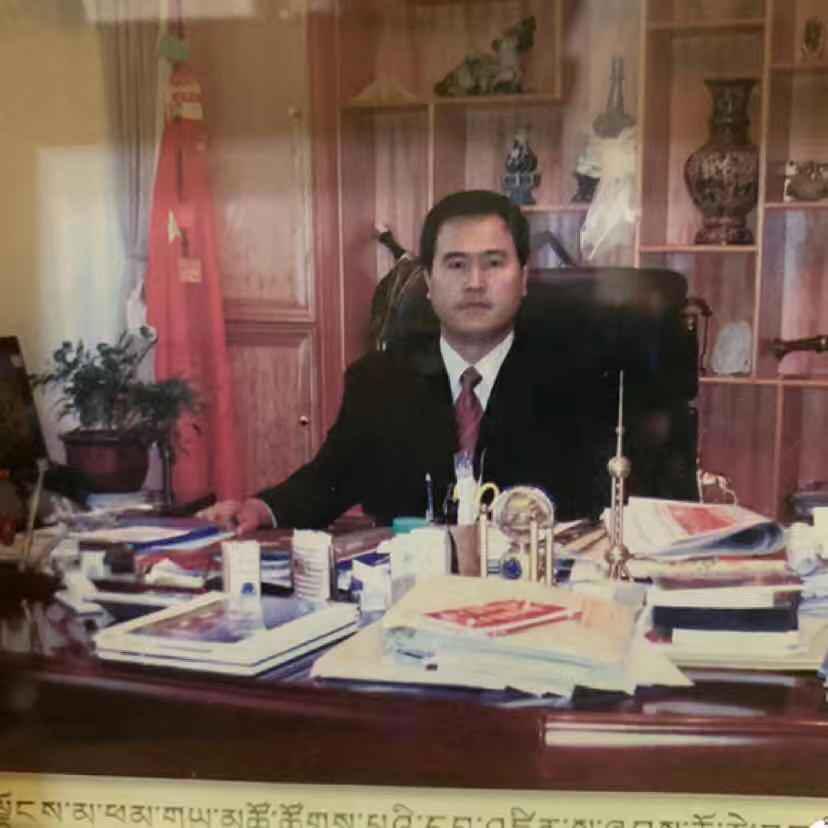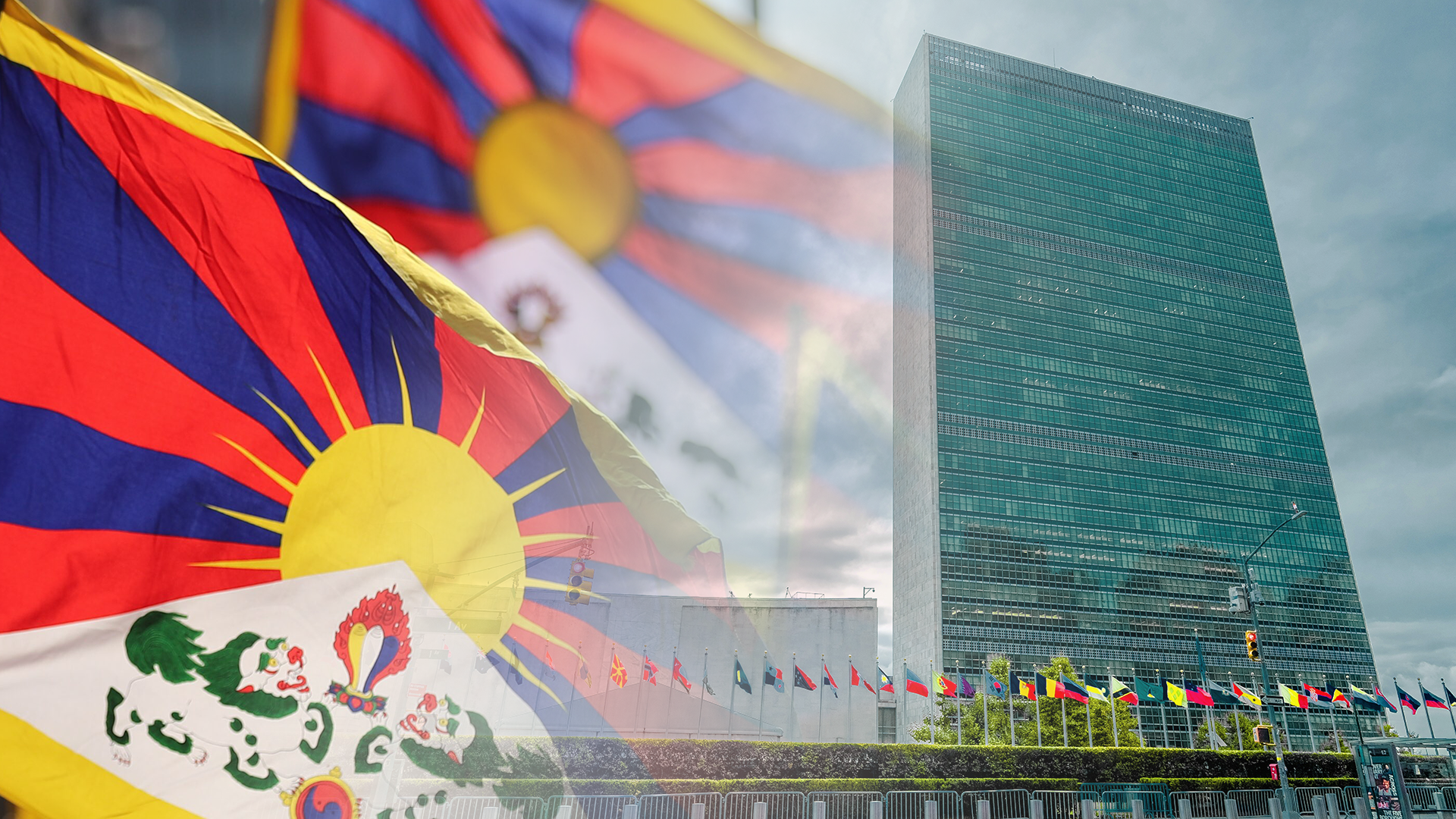
Mass relocation schemes of Tibetans have gone on for over a decade.
Free Tibet has learned that between 2018 and 2019, there were mass forceful relocations of around 400 Tibetan families by Chinese authorities.
The families were originally from Gonjo County and Markham County, Chamdo, in the area of Tibet governed as the Tibet Autonomous Region. They were then relocated to the counties of Doelung Dechen and Maldro Gongkar in Lhasa.
The forcible relocations took place inside the area of Tibet governed as the Tibet Autonomous Region. The families were moved from Gonjo County and Markham County in Chamdo, southeastern Tibet, to the counties of Doelung Dechen and Maldro Gongkar in Lhasa.
The Chinese authorities claimed that they did this on the basis of poverty alleviation. However, sources confirm that such relocations were done forcefully and families were not compensated as promised initially.
The mass relocation drive began with around 200 families, with sources confirming that Chinese authorities made false promises of compensation, jobs and happiness in a new environment, none of which were fulfilled. A further 200 families were relocated next, resulting in some villages being left empty.
The real reason for the relocations appears to be to allow the CCP to take advantage of the natural environment. The land is very rich in natural resources and caterpillar fungus, which is huge in demand for its medicinal value. The CCP is known for exploiting and raiding Tibet’s natural resources, particularly at the cost of the homes and lifestyle of Tibetan nomads.
Mass relocations of Tibetans is a trend that has taken place for over a decade, as reported by Free Tibet, The Financial Times and Human Rights Watch. Human Rights Watch has emphasised the involuntary nature of these schemes, as well as the erosion of local Tibetan cultures and communities.
Chinese state media and authorities have issued propaganda stating that such relocation schemes help residents come “out of poverty by relocating them from harsh living conditions and ecologically fragile areas”. In reality, many relocated Tibetans have also found themselves to be living on unpredictable incomes.






